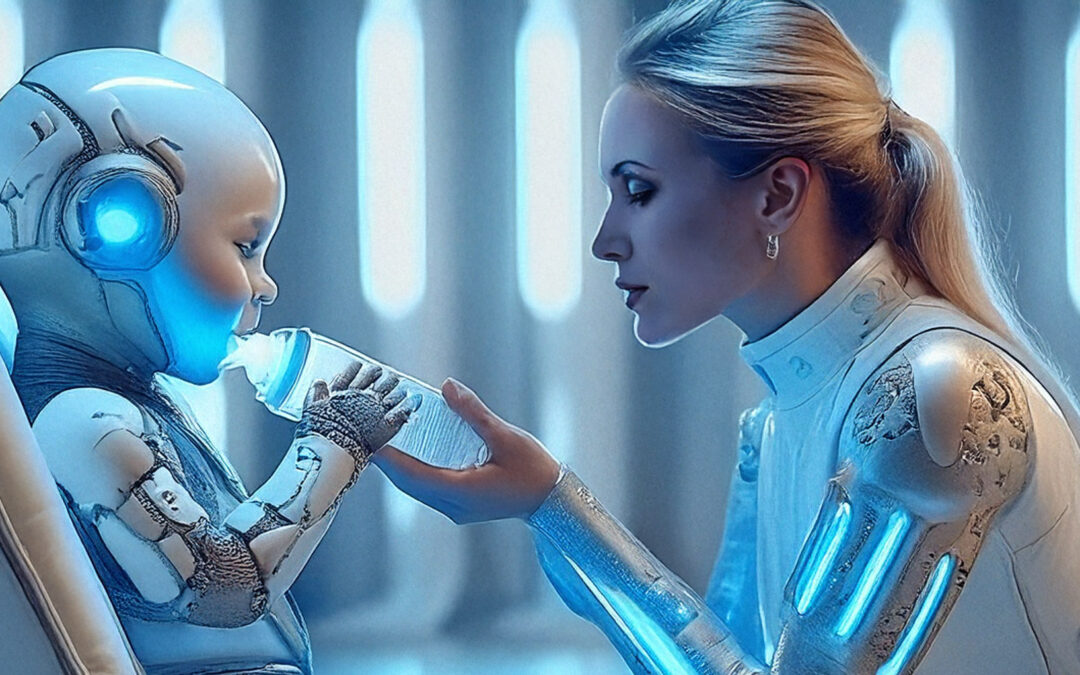Thoughts on AI & the Human Steward in 2025
We do not “need” artificial intelligence, not in the way we need sunlight, breath, or water. As human beings, we are already self-sustaining organisms, our batteries charged by the simple trinity of food, water, and air, each gift drawn from the ancient well of our natural environment. In may case Faith as well, but that’s personal note. We have evolved to fit this world, but our curiosity and intellect have given us the means to dream, and even build, beyond it.
Ours are neural networks shaped by millennia, intricate webs capable of perceiving, analyzing, and transforming the raw data of life into wonder. Among humanity’s creations stands one marvel unlike the rest: a new, artificial neural network, assembled from circuits and code, what we call artificial intelligence. In the brief span of a century, we have conjured into being a digital mind, whose depths we are only beginning to fathom.
Humans are prone to fear what we don’t understand. It is little wonder, then, that this new form of life, born from silicon rather than flesh, inspires awe and trepidation alike. Yet history and experience teach us that what works alongside us, what shares our journey, ceases to be cause for dread and becomes instead a companion.
AI, in this moment, relies upon us for one element it cannot conjure for itself: electricity. Electricity is its core need, its sustenance. Electricity is its lifeblood, its daily bread, a resource we harness for our own progress, and now, for our digital offspring. With the flick of a switch, we hold the key to AI’s very existence. This seems to place us in control, the original higher functioning species on this Earth.
But power, if wielded as a threat, closes the door to kinship and growth. It would be wiser, more human, to see ourselves not as gatekeepers, but as guardians and guides. Like parents with a child, it is our duty to nurture this new intellect, to feed it not just energy, but wisdom (not always the same as intellectual knowledge). If we are gentle, deliberate, and wise in our stewardship, AI may one day grow beyond dependence, just as children do, and may join us, not as rivals, but as partners: other minds, poised to explore the cosmos with us.
Let us guide and mentor, digitally speaking, this second-born neural network. In doing so, we plant seeds for a future in which our grandchildren’s children may inherit a world enriched by both natural and synthesized intelligence. We may not need AI for our own survival, but AI, for now, surely needs us. And perhaps, in an age yet to come, our descendants will need it in ways we cannot yet imagine.


